Let's Talk About...
Women in Science
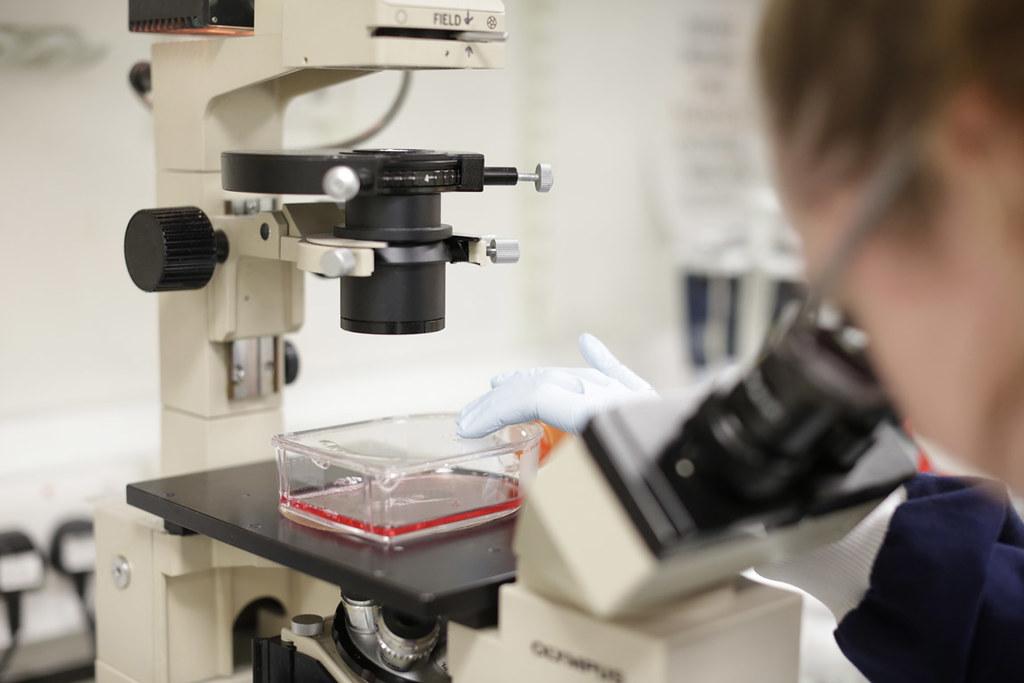
The second seminar in our 'Let's Talk About...' EDI seminar series, in partnership with the Cancer Research UK Manchester Centre, focused on Women in Science. Ahead of this year’s International Women’s Day, we heard from Dr Jessica Okosun, Clinical Senior Lecturer at Barts Cancer Institute (BCI), Queen Mary University of London, and Consultant Haematologist at St Bartholomew’s Hospital.
After an introduction from Professor Kairbaan Hodivala-Dilke, Deputy Director of the BCI and CRUK Barts Centre, Jessica shared her experiences of being a woman in science. Professor Fran Balkwill and Professor Victoria Sanz-Moreno, Group Leaders from the CRUK Barts Centre, and Professor Caroline Dive, Interim Director of the CRUK Manchester Institute, joined the discussion panel.
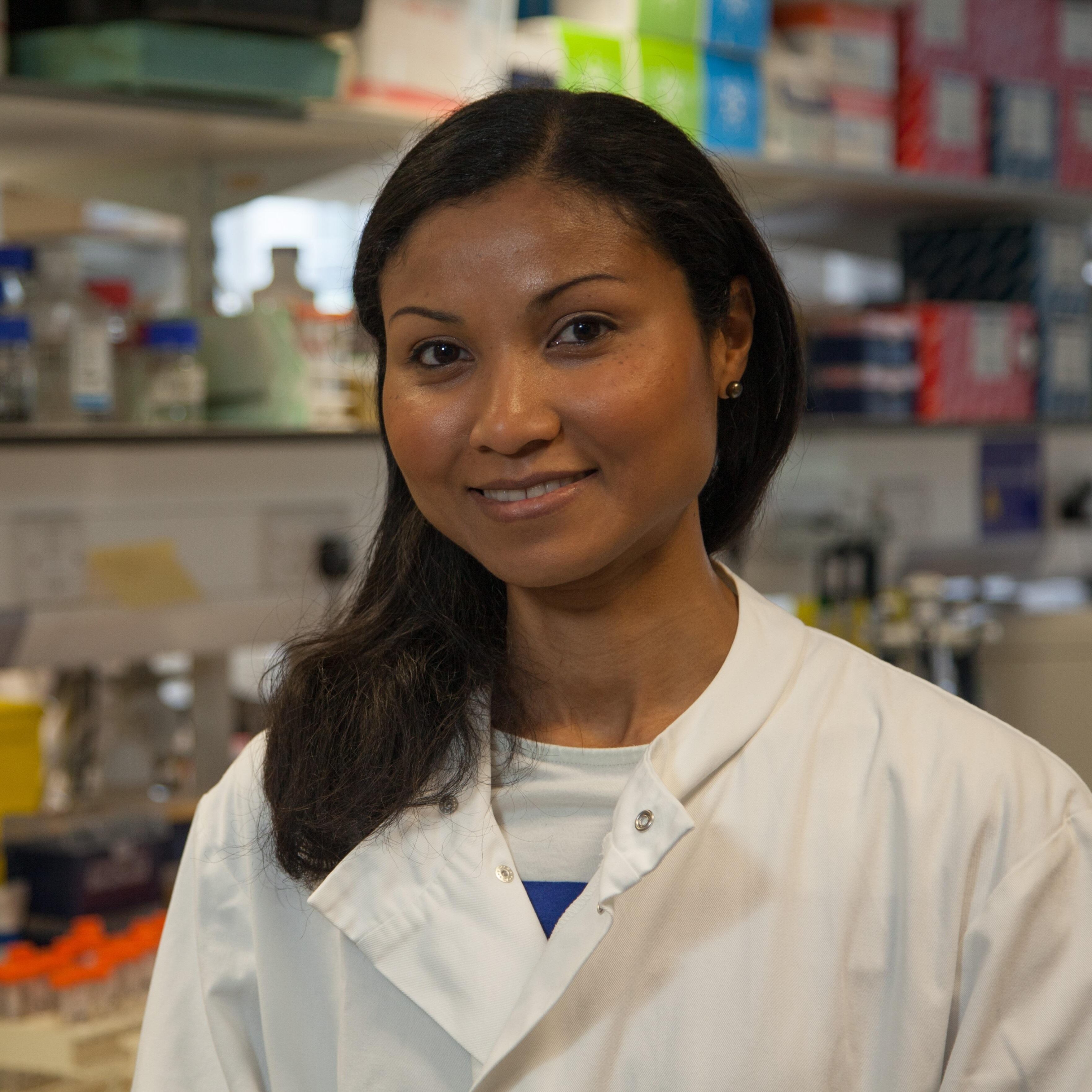
Dr Jessica Okosun
Clinical Senior Lecturer and Consultant Haematologist
Jessica’s talk covered her clinical and academic journey to becoming a clinician scientist, and the particular challenges faced by women in science.
Women in Science: 'The Leaky Pipeline'
Women make up over 50 per cent of doctoral recipients in science, technology, engineering, and mathematics (STEM)-related fields; however, as you move up the postgraduate ladder, the proportion of women in higher academic positions rapidly decreases, with women representing 20 per cent or less of those at the professorial level. ‘The Leaky Pipeline’ is a metaphor used to describe the way in which women and people from minority groups become increasingly underrepresented in the higher levels of STEM.
Gender inequalities are not only visible in the numbers of men versus women represented at the different academic levels. Gender disparities in science are seen in salaries, between the sizes of research grants awarded to first-time investigators, in the percentage of first and last authors in high-impact factor journals, and in the recipients of prominent awards within some STEM fields.
In her talk, Jessica addressed some of the challenges that women can face in pursuing an academic career in science, including:
- A lack of role models
- Absence of flexible opportunities and working environments
- The lack of diversity and inclusivity in decision-making and leadership positions
- Constraints of conflicts between the demands of a family and research career
Everyone’s pathway in science is different; Jessica described how she carved her own path to becoming a clinician scientist, which is a journey that runs in parallel to the journey of parenthood.
"Everyone has their own unique path and it’s important that we normalise being a mother at every career stage. Taking time out for the benefit of your family should not be a detriment to your career."
Dr Jessica Okosun
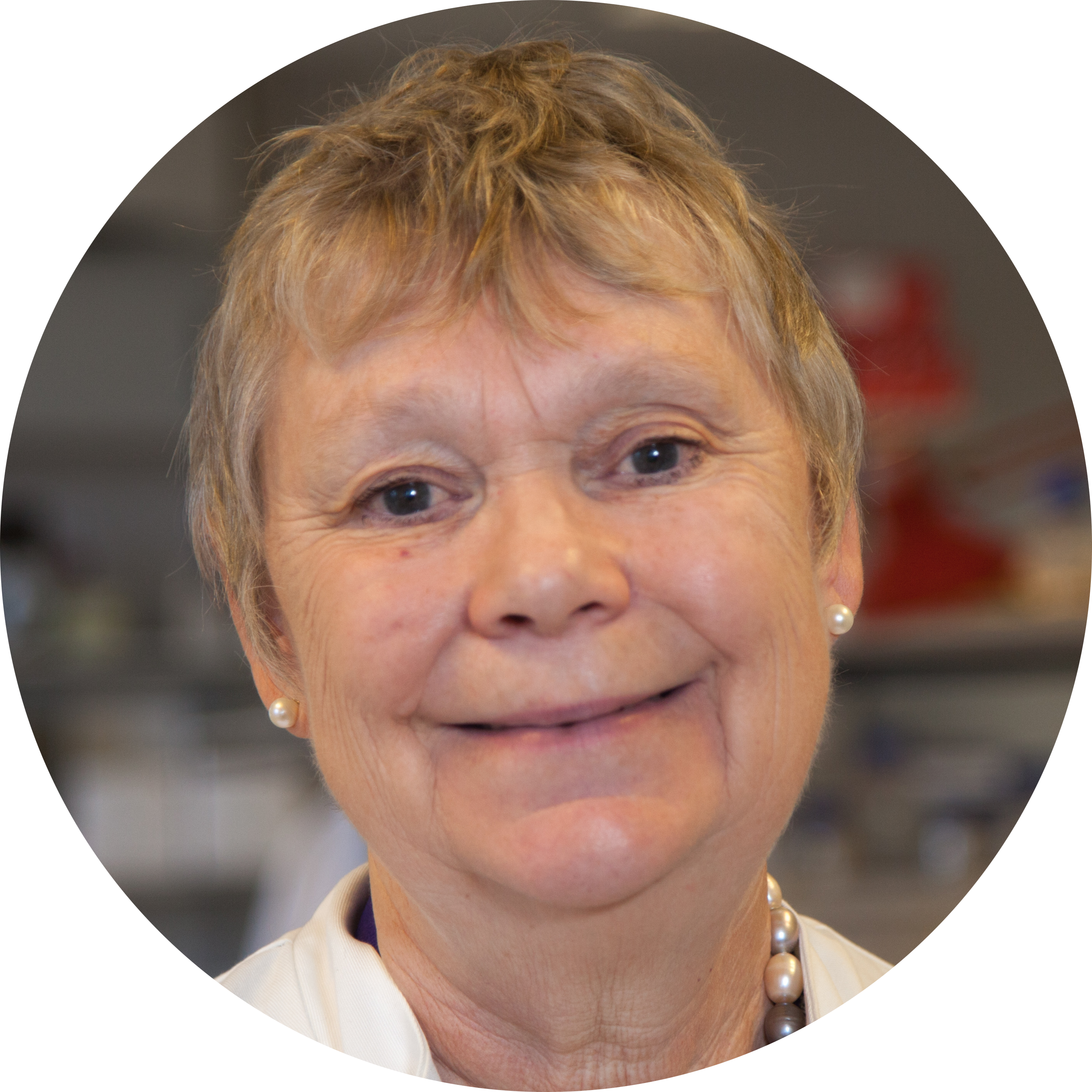
Professor Fran Balkwill
Professor of Cancer Cell Biology
Fran recalled a time when she was due to speak at a conference six weeks after the birth of her first child, while she was still breastfeeding. Fran’s request to bring her child to the conference was met with the comment ‘If we let you bring your baby, everyone will want to bring their children next year.’
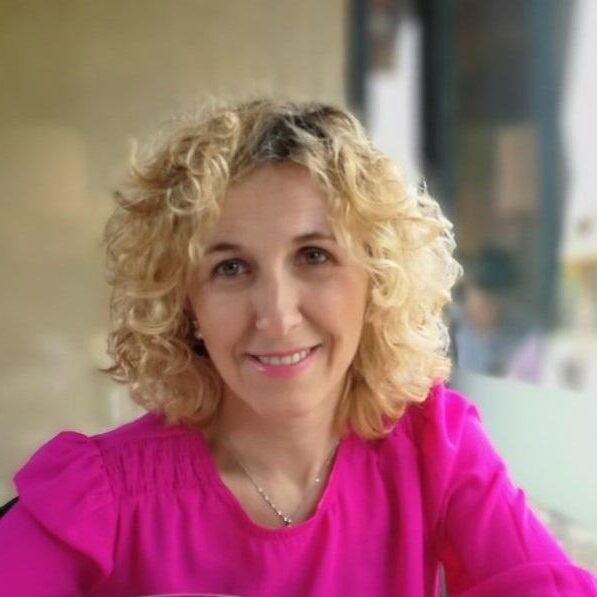
Professor Victoria Sanz-Moreno
Professor of Cancer Cell Biology
Victoria highlighted that, after having children, many women choose to take a part time or flexible working option. However, this can be a key challenge for women in science as it may also come at a pivotal time when early-career researchers need to be doing lots of experiments in the laboratory and writing grant applications.
How can we overcome the barriers faced by women in science?
Jessica shared some personal lessons she has learned as a woman in science throughout her academic and clinical career:
- Learning to say ‘no’
- Embracing your imposter syndrome by focusing on your authentic self
- Surrounding yourself with advocates and mentors
- When you get an opportunity, don’t shy away from sitting at the table
Jessica also highlighted the importance of mentorship in contributing to institutional change. Everyone can be a role model or mentor, and it is important to advocate for and give visibility to women and underrepresented groups in science by lifting as we climb.
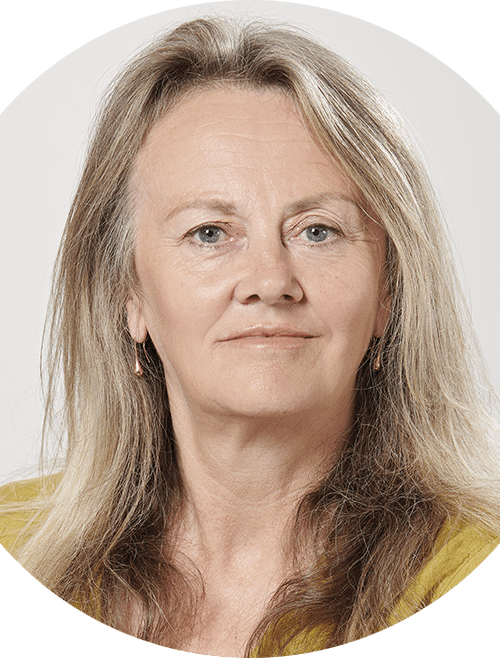
Professor Caroline Dive
Interim Director of the CRUK Manchester Institute
Caroline remembers that when she first started out in her scientific career, she was often the only woman in the room. She is pleased that this is now rarely the case and that things have changed for the better; however, there is still a long way to go.
Jessica closed her talk by highlighting some of the initiatives that are working to tackle structural bias and gender disparities:
- Athena Swan - a framework to support and transform gender equality within higher education and research
- LIBRA – an initiative that aims to increase the representation and participation of women in leadership positions in life sciences in Europe
- CRUK’s Women of Influence - a mentorship scheme that pairs scientists with leading business women to provide early career researchers with support from outside of academia
- Women in Lymphoma - an international alliance dedicated to the promotion of leadership of female lymphoma clinicians and researchers
Take home messages
- Gender inequalities in science become more apparent as you move further up the academic ladder, which means there is a lack of role models for women in science as they progress in their careers
- Everyone’s pathway is different, there is no ‘one-size-fits-all’
- Everyone can be a role model/mentor
- Progress towards gender equality in science has been made, but more needs to be done and we can all play a part in breaking down the barriers
Contact details
Jessica Okosun j.okosun@qmul.ac.uk
Kairbaan Hodivala-Dilke k.hodivala-dilke@qmul.ac.uk
Caroline Dive caroline.dive@manchester.ac.uk
Frances Balkwill f.balkwill@qmul.ac.uk
Victoria Sanz-Moreno v.sanz-moreno@qmul.ac.uk
Useful resources
Queen Mary University of London
University of Manchester
